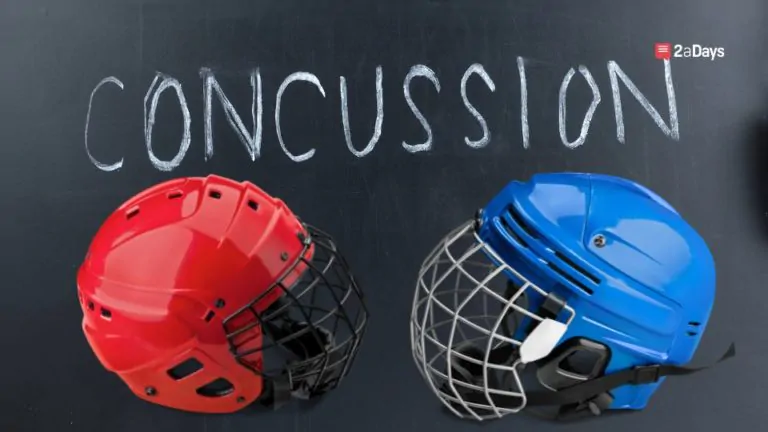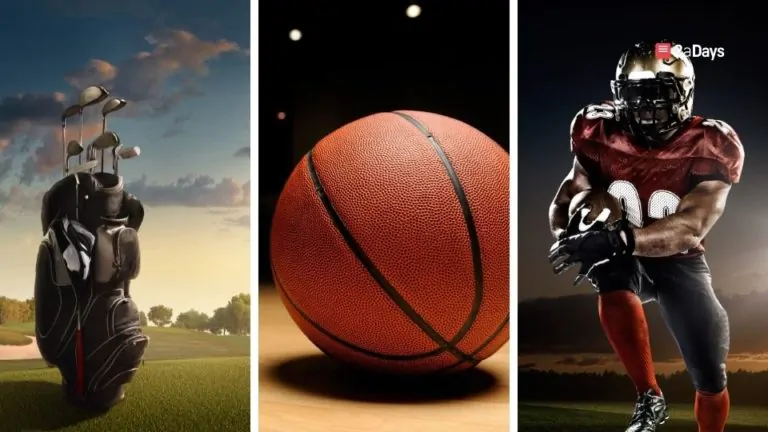Chances are if you are a hockey player, you have suffered a concussion. Female collegiate hockey players suffer an estimated rate of 3.6 concussions and male collegiate hockey players incur 1.5 concussions per 1000 athlete exposures. If you decide to go pro, on average you will have 6 concussions. That's a lot of hits to the head!
Despite ice hockey players being more prone to developing CTE than football stars, they have not received the same protection or attention. According to a University of Toronto research paper, the prevalence of CTE in their football group was 45.8% and in the hockey group was 54.5%. And while missing a few teeth is seen as a badge of honor and physicality is intrinsic to the sport, it is also important to think about the long-term health consequences athletes suffer. Here are some concussion related facts for ice hockey players.
Symptomatic conditions last longer in women than men.
- Women take significantly longer to be cleared to return to play. A study revealed that two weeks post-concussion, 86.11% of males were asymptomatic, while only 45.50% of females reached the same phase of recovery.
Related: Concussion Callback: Why Taking Medical Leave Can Help College Athletes Succeed
Mouthguards are an effective preventative measure
- Mouthguards reduce the odds of an incident concussion by 57%.
- While NCAA players are not required to wear them, mouthguards remain highly recommended.
For every past concussion suffered, the odds of an incident concussion increase
- A previous concussion make you twice as likely to suffer a second
- If three concussions have occurred in five years, the risk of a fourth is three times greater.
Related: Rate your Coaches, Facilities, and Campus Visits
The primary cause of concussions is player-to-player contact
- Be aware of this if you play any contact sport!
Symptoms of concussions can evolve after the fact
- Sometimes concussion symptoms are not felt until after the point of impact. Additionally, symptoms are more apparent to the athlete than an outside evaluator.
- If you are unsure whether or not you have a concussion, seek treatment. While the brain is recovering from a concussion, it is highly vulnerable to reinjury.
The most common symptom of a concussion is a headache
- Please be extra sensitive to feelings of pain, dizziness, confusion, blurred vision, nausea, amnesia, disturbed sleep, etc.
Due to stricter NCAA protocols and the requirement of HECC-certified helmets for all NCAA athletes, the rate of concussions has decreased. Research and attention to this issue has brought policy changes. Long term results will require a commitment to player safety, so stay informed for your own good!
Have an idea for a story or a question you need answered? Want to set up an interview with us? Email us at [email protected]
* Originally published on September 22, 2022, by Chloe Singer







